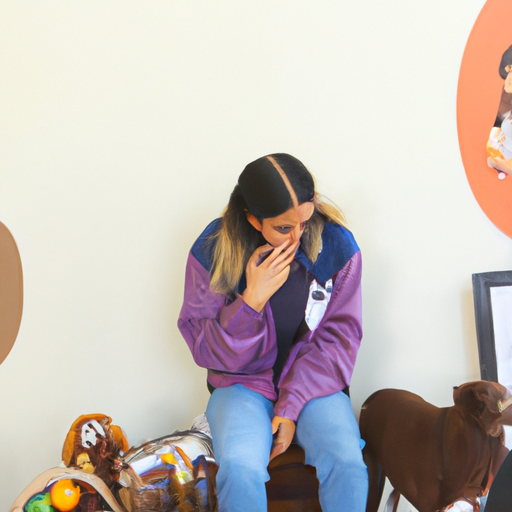As a caregiver to your furry friend, it’s essential to know what foods are safe and which ones can be harmful or even fatal to your pet. This guide will explore eight categories of foods dogs cannot eat, with explanations on why they are harmful, symptoms of ingestion, and what to do if your dog consumes them.
1. Chocolate and Caffeine
Chocolate and caffeine contain substances called methylxanthines, which can cause vomiting, diarrhea, panting, excessive thirst and urination, abnormal heart rhythm, tremors, seizures, and even death in dogs.
Table 1: Types of Chocolate and Their Levels of Theobromine
| Type of Chocolate | Theobromine Level |
|---|---|
| Milk Chocolate | 60 mg/oz |
| Dark Chocolate | 160 mg/oz |
| Semi-sweet Chocolate | 260 mg/oz |
| Baking Chocolate | 450 mg/oz |
2. Alcohol and Yeast Dough
Alcohol and raw yeast dough can cause alcohol poisoning in dogs. Symptoms include difficulty breathing, tremors, coma, and death. If your dog consumes either, contact your vet immediately.
3. Grapes and Raisins
The exact substance that makes grapes and raisins toxic to dogs is unknown. However, their consumption can lead to kidney failure. Early signs include vomiting, lethargy, and depression.
4. Onions and Garlic
Onions and garlic can cause damage to a dog’s red blood cells, leading to anemia. Symptoms can vary but may include weakness, decreased appetite, and fainting.
5. Macadamia Nuts
Macadamia nuts can cause weakness, depression, vomiting, tremors, and hyperthermia in dogs. If you suspect your dog has eaten macadamia nuts, contact your vet immediately.
6. Xylitol
Xylitol is a sweetener used in many products, including gum, candy, baked goods, and toothpaste. It can cause insulin release, which can lead to liver failure. The increase in insulin leads to hypoglycemia (lowered sugar levels).
7. Avocado
Avocado contains Persin, a toxin that can cause vomiting and diarrhea in dogs. Also, the pit can cause choking or blockages in the gastrointestinal tract.
8. Dairy Products
While not immediately toxic, dairy products can cause digestive upset in many dogs. Symptoms can include diarrhea and gas. If your dog is lactose intolerant, dairy can cause severe digestive distress.
Frequently Asked Questions
Q: Can dogs eat peanut butter?
A: Yes, but make sure it doesn’t contain xylitol, a sweetener that’s toxic to dogs.
Q: What should I do if my dog eats something toxic?
A: Contact your vet immediately. If you can’t reach your vet, call a pet poison control center.
Q: Are bones safe for dogs?
A: While some bones can be safe, others can splinter and cause blockages or injuries. It’s always best to check with your vet.
Q: Can dogs eat apples?
A: Yes, but the seeds and core should be removed as they can pose a choking hazard.
Remember, every dog is unique, and what might not affect one dog could significantly impact another. Always consult with a vet if you’re unsure about feeding certain food to your dog.



